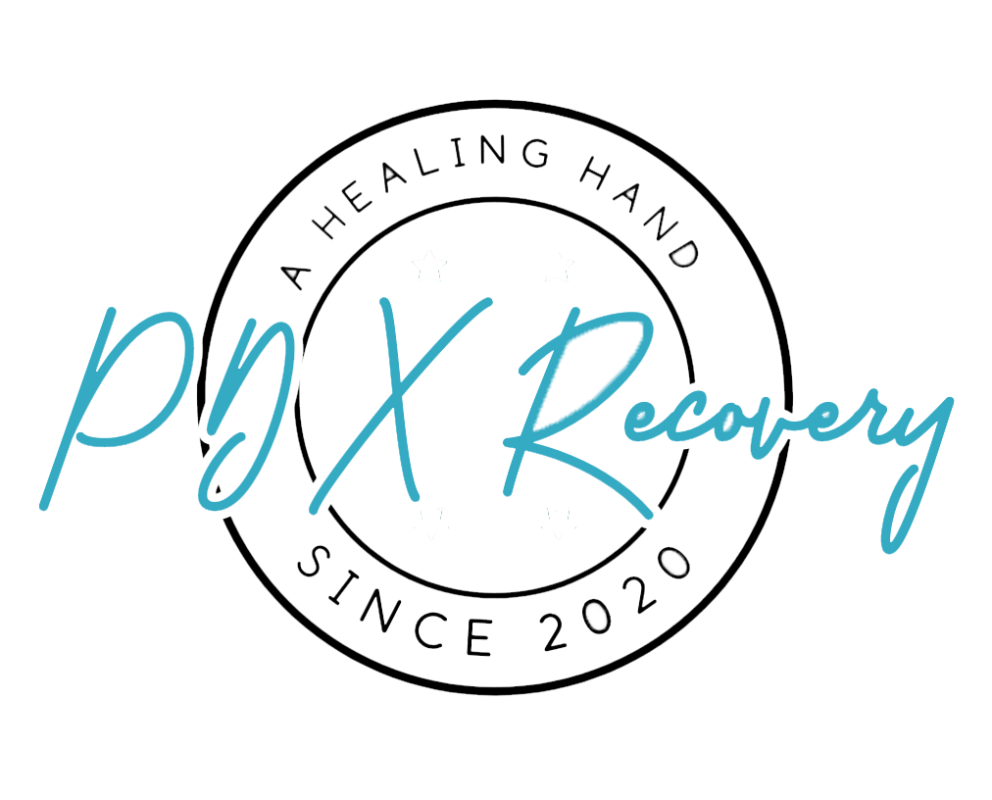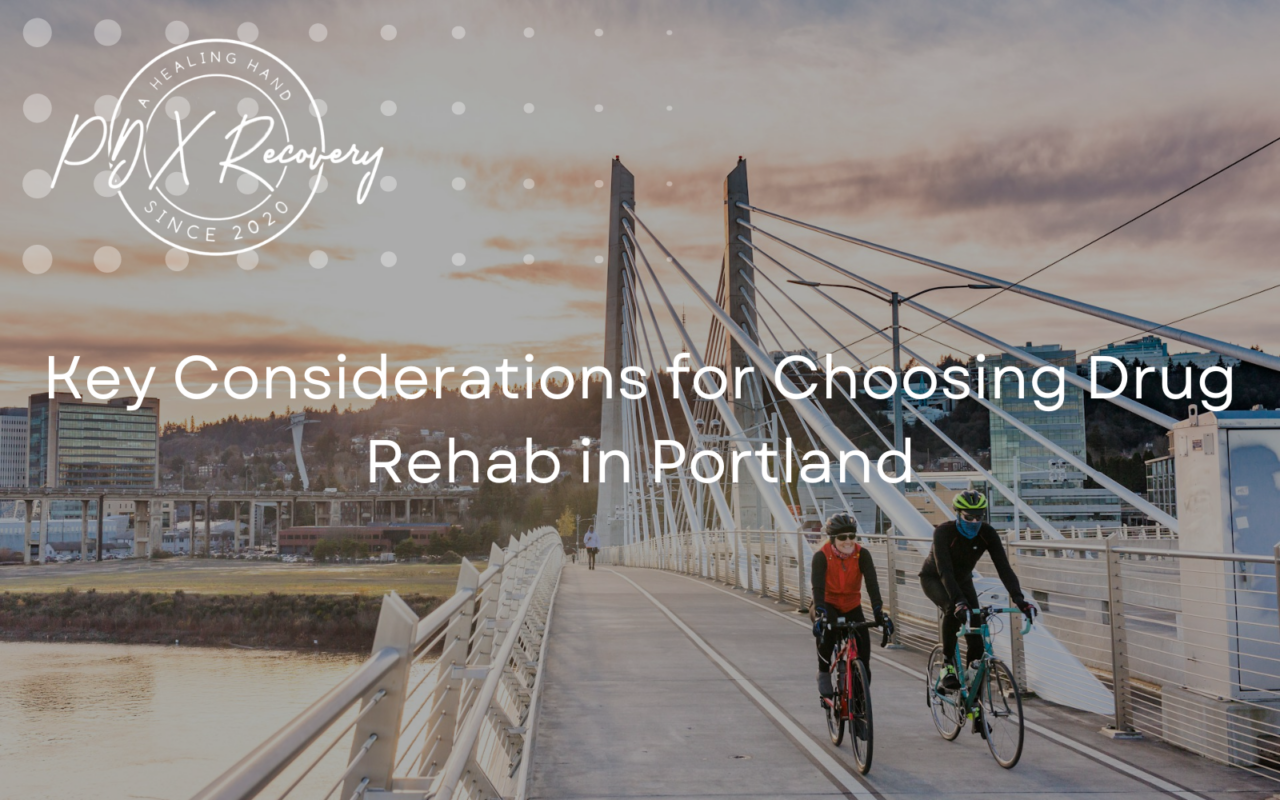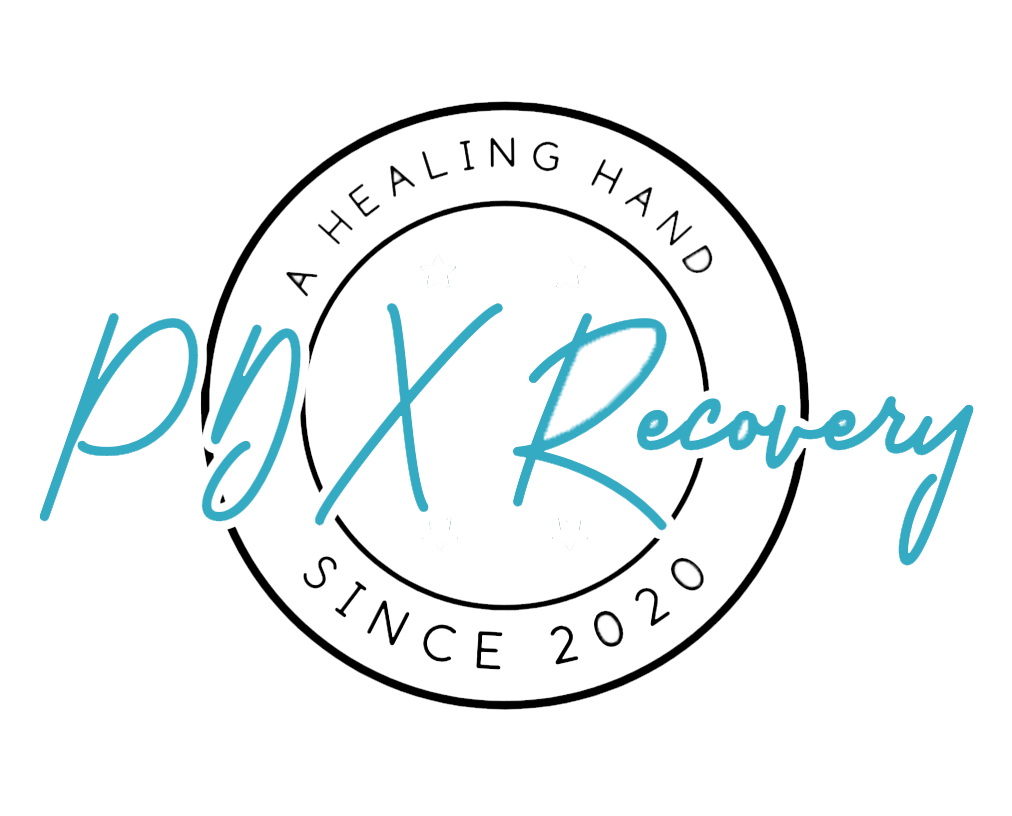Portland is known for its vibrant culture, stunning landscapes, and progressive values. However, like many cities across the nation, it isn’t immune to the rising tide of drug addiction. With escalating rates of substance abuse, the need for effective treatment options has never been more critical. For families and individuals grappling with addiction, choosing the right drug rehab in Portland is an essential step towards a successful recovery.
In this comprehensive guide, we’ll explore the key considerations for selecting a drug rehab in Portland. From the importance of location and treatment programs to accreditation, cost, and aftercare, we’ll cover everything you need to make an informed decision.
Location
The Role of Location in Recovery
When choosing a Drug Rehab in Portland, the location of the facility is a significant factor to consider. Being close to home can offer the comfort of familiar surroundings and easy access to family support, which can be pivotal during the recovery process. Familiar environments can provide a sense of security and continuity, helping individuals feel less isolated and more connected to their support systems.
However, proximity to old environments and triggers can also pose a challenge for some individuals. The risk of encountering people, places, and situations associated with their addiction might hinder their progress and make it harder to maintain sobriety.
The Benefits of a New Environment
On the other hand, being in a new environment can provide a fresh start, free from past associations and temptations. A change in scenery can disrupt harmful patterns and routines, fostering a sense of detachment from old habits and making it easier to focus on recovery. When looking for drug rehab in Portland, there are numerous facilities located in serene settings that offer a peaceful atmosphere conducive to healing.
These new surroundings can not only reduce exposure to triggers but also inspire hope and motivation. Many of these facilities take advantage of the natural beauty of the area, incorporating outdoor activities and nature therapy into their programs, which can significantly enhance the overall recovery experience.
Resources and Support Systems
Different locations may also have varying levels of resources and support systems available, which can play a crucial role in the recovery process. Urban centers like Portland offer a wide range of services, from specialized medical care to community support groups, mental health services, and recreational activities designed to aid recovery.
Ensuring that the chosen drug rehab in Portland has access to these resources can significantly enhance the recovery process by providing comprehensive care and support. Access to a well-rounded support network helps in addressing various aspects of health and well-being, making the journey to recovery smoother and more effective.
Treatment Programs
Variety of Treatment Options
One of the most critical aspects of a drug rehab in Portland is the range of treatment programs it offers. These can include detoxification, inpatient and outpatient therapy, and aftercare services. Each program addresses different facets of addiction recovery, from physical withdrawal to psychological support and long-term sobriety.
Personalized Treatment Plans
It’s essential to choose a drug rehab in Portland that provides personalized treatment plans tailored to individual needs. Addiction is a complex and multifaceted issue, involving physical, psychological, and social dimensions. A one-size-fits-all approach rarely works because it fails to address the unique circumstances and underlying causes of each person’s addiction. Personalized plans ensure that each individual receives the specific care and attention they need to overcome their addiction, encompassing therapies, support systems, and medical treatments. By focusing on the individual, these plans can significantly increase the chances of long-term recovery and a healthier, fulfilling life.
When it comes to addiction recovery, navigating the various treatment options can be overwhelming. Each approach plays a crucial role in supporting individuals through different stages of their journey to sobriety. At PDX Recovery, we provide a comprehensive range of programs designed to support your journey to wellness, including:
- Detoxification: Detoxification is often the first step in addiction treatment. It involves safely managing withdrawal symptoms as the body clears itself of substances like drugs or alcohol. This supervised process helps minimize health risks and prepares individuals for ongoing treatment by ensuring they start from a stable baseline.
- Residential Treatment: Residential treatment provides a structured environment where individuals live at a facility dedicated to addiction recovery. Here, they receive intensive therapy and support, away from the triggers and stresses of daily life. This 24/7 care allows for deep immersion in the recovery process and focuses on rebuilding life skills crucial for maintaining sobriety.
- Intensive Outpatient Program (IOP): An Intensive Outpatient Program (IOP) offers flexibility while providing structured treatment. Participants attend sessions several times a week, allowing them to live at home and continue with work or school. It’s a step-down from residential care, offering intensive therapy and support tailored to individual needs.
- Transitional Living: Transitional living, often in sober living homes, bridges the gap between intensive treatment and independent living. These environments offer a drug-free space where individuals in recovery can live independently while receiving peer support and reinforcement of sobriety principles. It’s an essential step towards long-term recovery and stability.
- Relapse Prevention: Relapse prevention programs teach individuals strategies to recognize and cope with triggers that could lead to relapse. By focusing on identifying risky situations and developing effective coping mechanisms, these programs empower individuals to maintain their sobriety over the long term.
- Addiction Intervention: Interventions involve a structured meeting where loved ones confront someone struggling with addiction, urging them to seek treatment. This approach aims to break through denial, raise awareness about the severity of the issue, and encourage the individual to accept help and begin their recovery journey.
- Case Management: Case management ensures individuals in treatment receive comprehensive care by coordinating various services and resources tailored to their needs. It involves linking them to medical, social, and psychological support systems, addressing barriers that could hinder their recovery progress.
- Family Support: Addiction doesn’t just affect individuals; it impacts entire families. Family support programs educate and assist loved ones in understanding addiction, improving communication, and fostering a supportive environment for their family member’s recovery journey. These programs are crucial for rebuilding relationships and creating a strong support network.
- Mentoring: Mentoring pairs individuals in recovery with experienced peers or volunteers who provide guidance, support, and encouragement. These mentors play a vital role in offering personalized support, sharing their own recovery experiences, and helping individuals set and achieve their goals for a sober life.
- Partial Hospitalization Program (PHP): Partial Hospitalization Programs (PHPs) offer intensive, structured treatment during the day while allowing individuals to return home or to a sober living environment at night. This option is ideal for those who require more than outpatient care but don’t need 24-hour supervision, providing comprehensive therapy and medical support.
Each of these approaches represents a piece of the puzzle in addiction recovery, offering a continuum of care that addresses the complex challenges individuals face on their path to sobriety. By understanding these options and their roles, individuals and their families can make informed decisions to support lasting recovery and a healthier, more fulfilling life.
Comprehensive Care
Effective treatment programs should encompass various therapeutic methods, including cognitive-behavioral therapy, group counseling, and alternative therapies like art or music therapy. Cognitive-behavioral therapy helps individuals recognize and change harmful thought patterns, while group counseling provides a supportive environment to share experiences and build a sense of community. Alternative therapies, such as art or music therapy, offer creative outlets for expression and healing. Comprehensive care addresses all aspects of addiction, including physical, emotional, and psychological components, making it easier for individuals to achieve lasting recovery and lead fulfilling lives.
Accreditation and Licensing
Accreditation and licensing are crucial factors to consider when selecting a drug rehab in Portland. Accredited facilities must meet strict standards and regulations, ensuring they provide quality and safe treatment. These standards cover a wide range of aspects including the qualifications of the staff, the effectiveness of the treatment programs, and the overall facility environment.
Organizations like the Joint Commission and CARF International accredit rehab centers based on their adherence to best practices and industry standards. These accrediting bodies conduct thorough reviews and evaluations to ensure that the drug rehab in Portland maintains high levels of care and continually improve their services. By choosing an accredited rehab center, you can have greater confidence in the level of care and support you or your loved one will receive.
Trained and Licensed Staff
The quality of care also heavily depends on the expertise of the staff. It’s vital to choose a drug rehab in Portland with trained and licensed professionals who have comprehensive experience in addiction treatment. Qualified staff can offer the necessary medical and psychological support needed for effective recovery. They should possess a deep understanding of various treatment modalities and be adept at tailoring interventions to meet individual needs. Continuous professional development and staying updated with the latest advancements in addiction therapy further enhance their ability to provide top-notch care and support.
Peace of Mind
Selecting an accredited and licensed facility provides peace of mind, knowing that the treatment center is committed to maintaining high standards and delivering the best possible care. This ensures that the staff is well-trained, the environment is safe, and the therapies provided are evidence-based and effective. It also offers reassurance that the facility undergoes regular reviews and meets rigorous quality benchmarks.

Cost and Insurance Coverage
Understanding the Costs
The cost of drug rehab programs can vary widely depending on factors like location, amenities, and level of care. It’s essential to understand the full cost upfront to avoid any unexpected expenses later on. Some facilities offer luxury accommodations with high-end amenities, while others provide more basic services at a lower cost.
Financial Assistance Options
Many rehab centers offer financial assistance options to make treatment more accessible. This can include sliding scale fees based on income, payment plans, or scholarships. It’s important to inquire about these options to find a solution that fits your budget.
Balancing Cost and Quality
While cost is an important consideration, it’s crucial not to compromise on the quality of care. Investing in a reputable and effective treatment program can significantly increase the chances of successful recovery, making it a worthwhile investment in the long run.
Facility Amenities and Environment
The Importance of Physical Environment
The physical environment of a drug rehab facility plays a significant role in the recovery process. A comfortable and conducive setting can enhance the overall treatment experience, making it easier for individuals to focus on their recovery.
Essential Amenities
Amenities such as fitness facilities, outdoor spaces, and alternative therapies can contribute to a holistic healing process. Physical activity and relaxation techniques are proven to support mental health and well-being, which are crucial components of addiction recovery.
Supportive Community
A positive and supportive community within the facility is also vital. Being surrounded by others who are going through similar experiences can provide encouragement and motivation. Group therapy and peer support can foster a sense of belonging and camaraderie, which are essential for long-term recovery.
Success Rates and Reviews
Researching Success Rates
Before choosing a drug rehab in Portland, it’s important to research its success rates. High success rates can indicate the effectiveness of the programs and the quality of care provided. Be sure to inquire about how these rates are measured and what criteria are used to determine success.
Reading Reviews
Reviews from previous clients can offer valuable insights into the facility’s strengths and weaknesses. Look for both positive and negative reviews to get a well-rounded understanding of the treatment center. Pay attention to recurring themes or issues mentioned in the reviews.
Making an Informed Decision
Combining success rates with client reviews can help you make an informed decision. A facility with high success rates and positive feedback is more likely to provide effective treatment and support for your recovery journey.
Continuing Care and Support
The Role of Aftercare Programs
Aftercare programs are essential for maintaining sobriety after completing a drug rehab program. These programs offer continued support and resources to help individuals transition back into their daily lives while minimizing the risk of relapse.
Types of Continuing Care
Continuing care can include support groups, ongoing counseling, and sober living homes. Support groups like Narcotics Anonymous (NA) provide a platform for sharing experiences and receiving peer support. Ongoing counseling offers continuous professional guidance, while sober living homes provide a stable environment for those in early recovery.
Long-Term Support
Ongoing support is crucial for long-term recovery. It’s important to choose a facility that offers robust aftercare programs and encourages continued involvement in recovery activities. This support network can make a significant difference in achieving and maintaining sobriety.
Finding Quality Drug Rehab in Portland
Choosing the right drug rehab in Portland is a crucial step towards overcoming addiction and starting a new life. By considering factors such as location, treatment programs, accreditation, cost, amenities, success rates, and continuing care, families and individuals can make informed decisions that enhance the chances of successful recovery.
Remember, the path to recovery is unique for everyone. Taking the time to thoroughly research and select a facility that meets your specific needs is an investment in your health and future. If you or a loved one is struggling with addiction, reach out to local resources and take the first step towards a healthier, happier life today. For more information visit our website at https://pdx-recovery.com/ or call us at (971) 256-9087.






